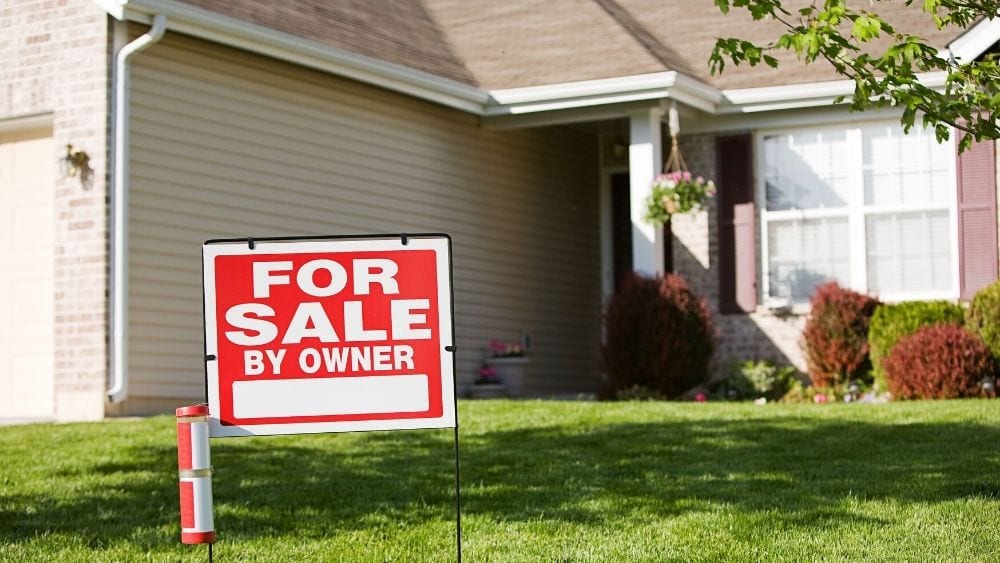The process of selling a home in Northern Iowa requires more than just placing a “For Sale” sign in the yard. It involves understanding the nuances of the local real estate market and implementing effective strategies to attract potential buyers. In this comprehensive guide, we will explore key strategies for success, covering everything from market analysis and preparation to negotiation and closing.
Understanding the Northern Iowa Real Estate Market:
Market Trends and Conditions
To successfully sell your home in Northern Iowa, it’s crucial to start by analyzing current market conditions. Is it a buyer’s or seller’s market? Websites such as https://www.janefischer.com/north-iowa-realty/ can help you understand the market trends.Understanding the trends helps you tailor your approach to meet the demands of potential buyers.
Local Neighborhood Dynamics
Each neighborhood in Northern Iowa has its own unique charm and characteristics. Understanding the preferences of potential buyers in specific areas allows you to highlight the features that make your property stand out. Whether it’s the family-friendly environment, proximity to schools, or a vibrant local community, knowing your neighborhood dynamics is key.
Preparation and Presentation:

Home Staging Tips
First impressions matter. Maximizing curb appeal and creating an inviting interior are essential for attracting potential buyers. Simple improvements, such as landscaping, a fresh coat of paint, and decluttering, can make a significant difference in how your home is perceived.
Repairs and Updates
Identify and address necessary repairs before listing your home. Additionally, consider making strategic updates that can increase the property’s value. Whether it’s upgrading kitchen appliances or improving energy efficiency, these enhancements can make your home more appealing to buyers.
Setting the Right Price:

Pricing Strategies
Determining the right asking price is a delicate balance. It should be competitive yet realistic. Research comparable properties in your neighborhood and consider consulting with a real estate professional to arrive at a pricing strategy that attracts potential buyers while ensuring you receive fair value for your property.
Appraisal and Comparative Market Analysis (CMA)
Professional appraisals and CMAs are valuable tools for setting an accurate price. An appraisal provides an unbiased evaluation of your home’s worth, while a CMA considers recent sales, market trends, and the unique features of your property. Utilizing these resources ensures your asking price aligns with the current market conditions.
Effective Marketing Techniques:
Online Presence
In the digital age, a strong online presence is non-negotiable. Leverage real estate websites, social media platforms, and professional photography to showcase your home. Virtual tours can provide potential buyers with an immersive experience, increasing their interest in your property.
Traditional Marketing Methods
While online marketing is essential, don’t underestimate the power of traditional methods. Well-designed signage, local advertising, and open houses can attract local buyers who might not be actively searching online. A balanced approach that combines both digital and traditional marketing maximizes your property’s exposure.
Negotiation Strategies:

Understanding Buyer Behavior
Recognizing common concerns and expectations of potential buyers allows you to address these effectively during negotiations. Being aware of the local market conditions and buyer trends enhances your ability to negotiate successfully.
Flexible Closing Options
Offering flexibility in closing dates and negotiating terms that appeal to potential buyers can set your property apart. Being open to reasonable requests and demonstrating a willingness to work with buyers creates a positive atmosphere during negotiations.
Navigating Legalities and Paperwork:
Legal Considerations
Navigating legal considerations involves disclosure of pertinent information and understanding your legal obligations as a seller. Engaging a real estate attorney ensures that you adhere to legal requirements throughout the selling process.
Completing Necessary Paperwork
Streamlining the paperwork process is essential for a smooth closing. Ensure all necessary documents are prepared and organized, including the sales contract, property disclosures, and any additional agreements. This helps avoid delays and complications during the closing stages.
Customer Feedback and Adjustments:

Listening to Feedback
Buyer feedback is a valuable resource. Listen to what potential buyers have to say during showings and adjust your strategy accordingly. Addressing concerns promptly can contribute to a more positive selling experience.
Reassessing Strategies
The real estate market is dynamic, and what works today may need adjustments tomorrow. Periodically reassess your strategies based on market response. If your property is not receiving the desired attention, consider revisiting your pricing, marketing, or presentation approach.
Success Stories and Case Studies:
The Johnsons’ Quick Sale
The Johnsons strategically priced their home based on a thorough market analysis, making it appealing to potential buyers. With a well-executed marketing plan that included online and traditional methods, their home sold quickly, exceeding their expectations.
Adapting to Buyer Feedback: The Smiths’ Experience
The Smiths, upon receiving feedback about outdated fixtures, made targeted updates to their home. This adjustment not only improved the property’s appeal but also facilitated a successful sale at a favorable price.
Navigating the Inspection Process with Ease:

The inspection stage often raises concerns for both sellers and buyers. To ease this process, start by conducting a pre-inspection. Identifying and addressing potential issues beforehand not only demonstrates transparency but also allows for informed decision-making. Collaborate with a reputable home inspector familiar with Northern Iowa’s unique housing characteristics. Provide a comprehensive list of repairs and improvements made, showcasing the property’s well-maintained status.
During the inspection, maintain open communication with the inspector and potential buyers. Highlight recent updates and emphasize the proactive approach taken to address any concerns. Being forthcoming and addressing issues promptly can build trust and contribute to a smoother negotiation process. Navigating the inspection stage with transparency and proactive measures ensures a positive experience for both parties, enhancing the overall success of your home sale in Northern Iowa.
Conclusion:
Successfully selling your home in Northern Iowa requires a combination of preparation, market understanding, and effective strategies. By leveraging the unique characteristics of your property, understanding the local market dynamics, and adapting to buyer feedback, you can navigate the selling process with confidence. Whether you’re a seasoned seller or navigating this journey for the first time, implementing these strategies will increase your chances of a successful and rewarding real estate transaction in the heart of Northern Iowa.

